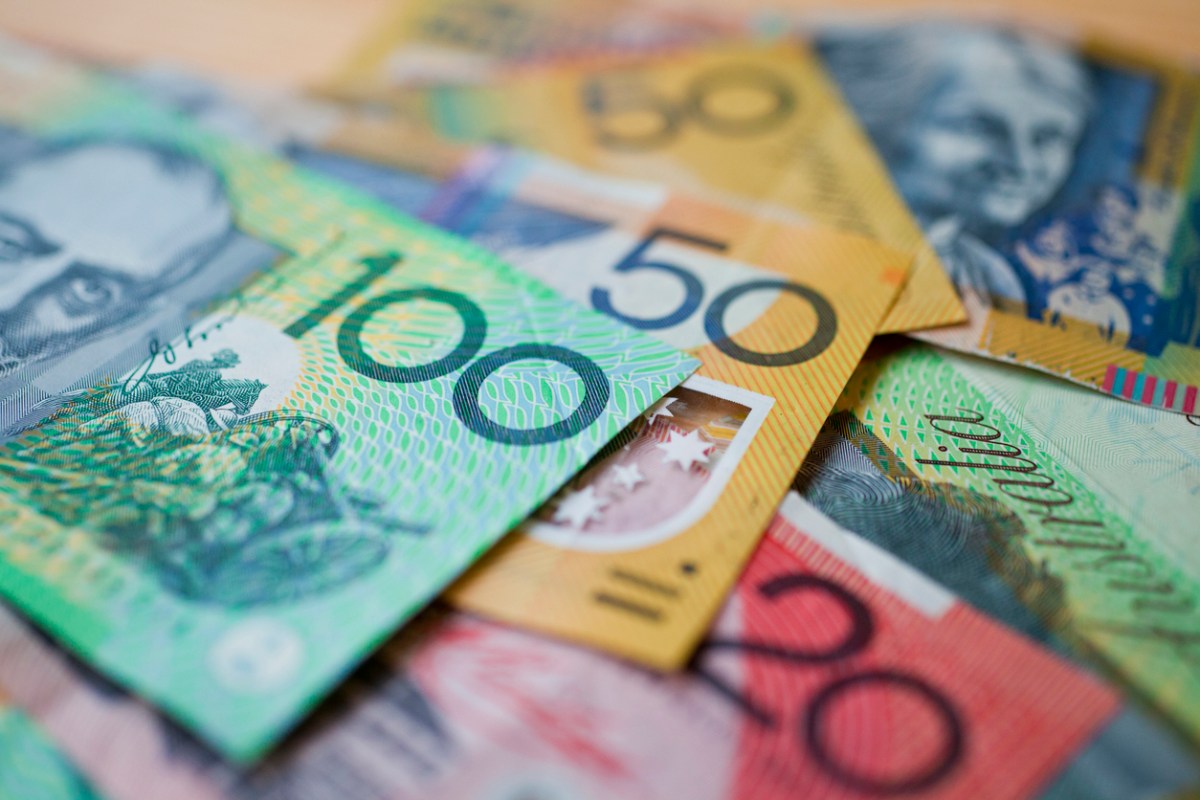The Federal budget delivered a welcome dose of optimism about funds flowing into government coffers, but as inflation surges, it did shift support to those hurting the most from cost-of-living increases.
Treasurer Jim Chalmers announced a $15 billion package that includes bulk-billing incentives, a boost to JobStart payments, and subsidies for energy bills.
And while it takes some limber political gymnastics to describe government spending as deflationary, there’s no doubt that targeted support is needed.
Impact investors welcomed the $100 million Commonwealth Outcomes Fund, a boost to EMIIF, as well as support for social enterprises. But there was no sign of the Social Impact Taskforce recommendations being released; and the impact wholesaler remains on the shelf.
“RIAA welcomes a federal budget that has made positive first steps in supporting a comprehensive approach to sustainable finance. From social impact investment to the
critical frameworks that will underpin a shift of capital to support the low-carbon transition via a taxonomy, these steps mark important progress that recognises the role of finance in supporting a sustainable Australia.” says Simon O’Connor, CEO of Responsible Investment Association of Australasia.
Its progress indeed, and hopefully this is just the government warming up to engage with impact and market-based mechanisms. For a labor government looking for innovative ways to both cut government spending, while also increasing much needed services to the community, it’s a big opportunity.
Investing in Outcomes
The Outcomes Fund will use a similar model to social impact bonds, directing a total of $100 million towards targeted service delivery organisations inline with their achievement of measurable outcomes.
“The need to for impact investing is more urgent than ever, given the rising cost of living pressures and the economic dislocation and disproportionate impact on vulnerable Australians,” says Richard Brandweiner Chair of Impact Investing Australia.
These ‘outcomes-based contracts’ will bring together a triangle of incentives that link government funding with private investment and specialist service delivery.
The government will also allocate $11.6 million to the Social Enterprise Development Initiative to help social enterprises get impact ready, and scale their business model.
“This is great news for social enterprise in Australia. We have never been more ready to work with government, as a united front, to elevate the work we do.” says uLuke Terry, CEO of WhiteBox Enterprises.
“It’s been a long time since we’ve seen social enterprise called out directly in a Federal Budget, with such a significant commitment. It’s great to see we have a seat at the table again.”
An extension of support for the Emerging Markets Impact Investment Fund (EMIIF) is also welcome. It will receive a $210 million expansion over four years.
As reported in the days before the official announcements, $8.3 million will go towards the government launching its first green bonds, as well as $1.6 million to support ASFI and the development of the sustainable finance taxonomy.
“We look forward to working with the government on these initiatives, and continuing to support and unlock greater ambition on sustainable finance. In particular, we see scope for the Government to continue to build on initial support for social impact investing – working collaboratively to bring more institutional capital to support social impact in Australia.” says Kristy Graham, CEO of ASFI
Clean Energy Support
A raft of measures were announced to help shift Australia’s industrial base towards renewable energy, and build an export industry that contributes to solutions, rather than making problems worse.
The government will finance the establishment of a renewable hydrogen industry with a $2 billion fund that aims to see Australia pushing forward as a global leader.
At the household scale, $1 billion was allocated to the CEFC, for a fund to help home-owners invest in electrification, and $300 million was dedicated to energy efficiency measures for those in social housing.
“This is the most important Federal Budget in Australia’s history in responding to climate change and positioning Australia as a Renewables Superpower – a $2 billion Renewable Hydrogen Fund, a new Net Zero Transition Authority, a $15 billion National Reconstruction Fund and pushing the go button on home electrification.” says John Grimes, Chief Executive of the Smart Energy Council.

